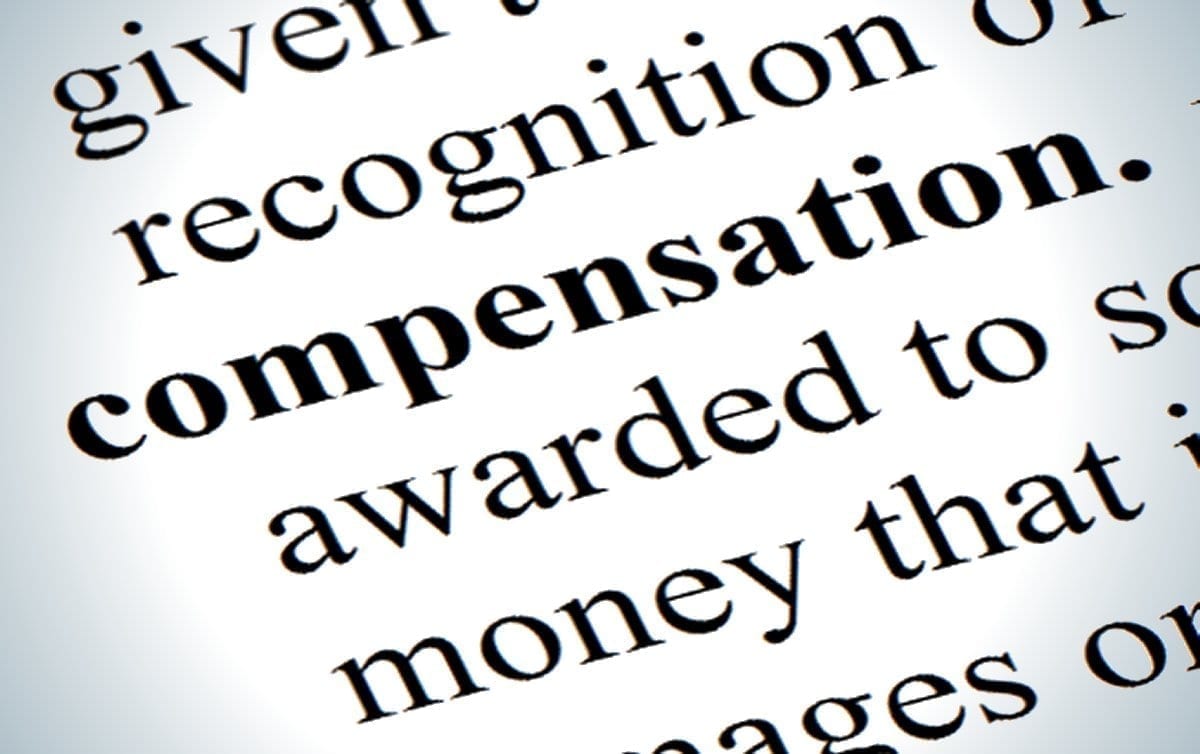Being informed and taking the right precautions can make a world of difference in the outcome of your compensation claim.
Navigating the intricate world of compensation claims can be a daunting task. You’re dealing with legal jargon, complex procedures, and a system that can seem like a maze. However, by being aware of common pitfalls, you can increase your chances of a successful claim.
To ensure your path to claiming compensation is as smooth as possible, make sure to prevent the following mistakes:
- A Lack of Documentation
A common mistake after being involved in a car accident is failing to document injuries or the circumstances surrounding the incident thoroughly. Without proper documentation, your case could devolve into a ‘he said, she said’ scenario, significantly weakening your position. It’s vital to gather evidence such as medical reports, witness statements, and photographs of the accident scene.
Additionally, keeping a detailed diary of events following the accident, including all treatments received and how your injuries impact your daily life, can provide invaluable depth to your documentation. This comprehensive approach ensures no detail is overlooked.
- Failing To Meet Deadlines
Most compensation claims have strict deadlines, which can vary significantly depending on the jurisdiction or the specific type of claim you’re making. Missing these critical deadlines can result in your claim being dismissed or severely delayed.
It’s imperative to be proactive and familiarize yourself with the deadlines relevant to your case. Mark them on your calendar, set reminders, and, if necessary, consult with a legal professional to ensure you have accurate information. Don’t let procrastination or uncertainty about these dates sabotage your efforts.
- Providing Misleading Information
Honesty is the best policy and your strongest ally in compensation claims. Exaggerating or distorting the facts might seem like it could lead to a higher settlement, but such actions often backfire, leading to a loss of credibility and potentially the dismissal of your case.
For example, claimants who are honest about the extent of their injuries and can back up their claims with consistent medical records tend to achieve more favorable outcomes. Courts and insurers can view these claimants as more reliable, enhancing the likelihood of a successful claim.
Transparent communication with your legal advisor can also uncover additional legitimate avenues for compensation that you might not have considered, ensuring you are fully compensated for your losses. Remember, your integrity and the accuracy of your information play a pivotal role in the strength and success of your claim.
- Neglecting To Seek Medical Attention
Even if your injuries seem minor, seeking medical attention is crucial. This is important not only for your health but also for substantiating your claim with a solid medical record. It’s also essential to follow up with any prescribed medical appointments and treatments.
Documenting ongoing medical issues and treatments provides a continuous medical history that directly correlates with the accident. This comprehensive documentation can prove invaluable in demonstrating the extent and impact of your injuries, making it harder to dispute your need for compensation.
- Accepting The First Offer
It’s common for insurance companies to extend an initial settlement offer soon after you file your claim. While this amount might appear attractive, especially in times of need, it’s crucial to assess the full scope of your damages before making a decision. Beyond immediate medical expenses, they include future treatments, lost earnings, and non-economic damages such as emotional distress and pain and suffering.
Engaging in negotiations can often lead to a more equitable offer that truly reflects the extent of your damages. If possible, consulting with a legal professional can offer you with a strategic advantage in this process. An experienced attorney can help you understand the full value of your claim, advocate on your behalf, and negotiate effectively to ensure that the settlement offer fully compensates for all your losses.
What you share online can affect your compensation claim. Insurance companies often monitor claimants’ social media profiles for evidence that may contradict the severity of injuries claimed. To safeguard your claim:
- Consider a Social Media Hiatus: Temporarily deactivating your social media accounts until your case concludes can prevent unintended missteps. If a complete hiatus is not feasible, exercise extreme caution with your posts.
- Refrain from Discussing Your Claim: Avoid posting any details about your accident, injuries, or the progress of your claim. Even seemingly innocent comments or photos can be misconstrued and used against you.
By taking these steps, you protect your claim from potential pitfalls related to your online presence.
- Ignoring Legal Representation
Many individuals hesitate to seek legal representation, fearing high costs or believing they can manage alone. However, most lawyers work on a contingency fee basis, which means they only get paid once you win your case. This arrangement allows access to expert legal advice without upfront fees.
Moreover, choosing the right lawyer doesn’t have to be daunting. Look for specialists in personal injury law with a track record of success in similar cases and can help you get through the claim settlement process. Consultations are typically free, offering a chance to find someone you trust to advocate for your interests effectively.
Conclusion
Now that you’re aware of these common pitfalls, you can take proactive steps to avoid them. Remember, being informed and taking the right precautions can make a world of difference in the outcome of your compensation claim.



Join the conversation!